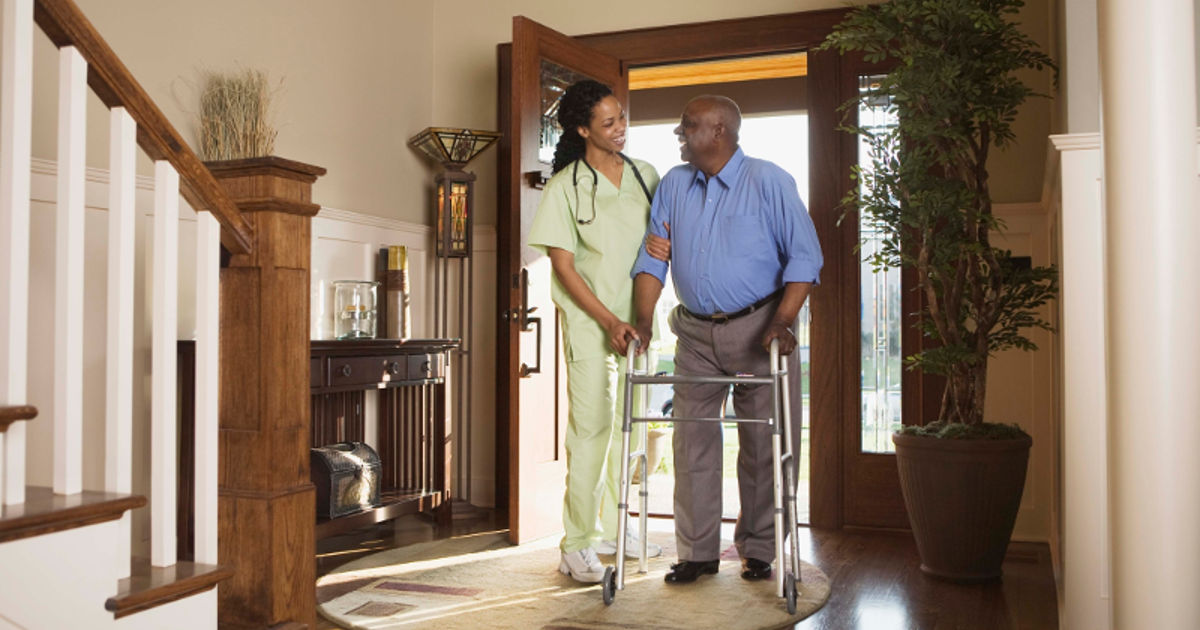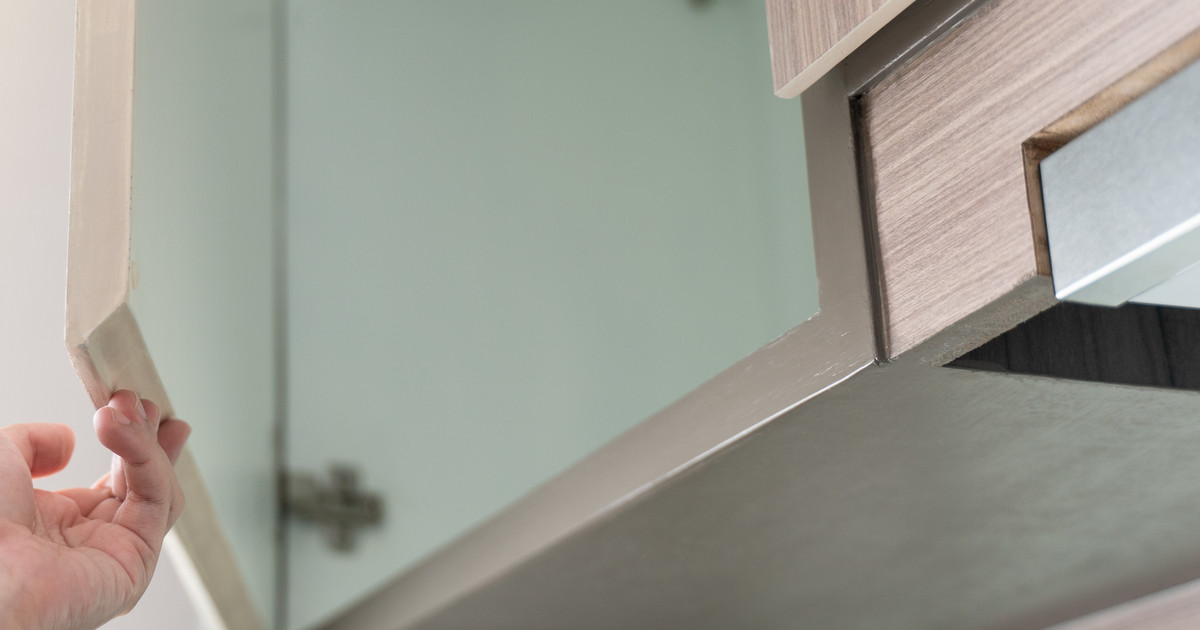Remedies For Sundown Syndrome
Sundown syndrome is a symptom that affects individuals suffering from various forms of dementia, including Alzheimer's disease. It can be especially frustrating for families trying to care for the individual in their home, because it causes the patient to suffer from a deeper sense of confusion in the evening hours. While someone with dementia may seem to be doing well in the morning and early afternoon, their confusion often gets worse as the day wears on.
While this can't be prevented, there are things others can do to minimize the severity of sundown syndrome. Making a few adjustments to the individual's daily routine can help them feel less frustrated and confused as the evening hours approach.
Avoid Triggers For Restless Sleep

Because many individuals don't recognize the important role sleep plays in their lives, it may be difficult to understand how it plays a major role in sundown syndrome. Patients with dementia often have a difficult time falling asleep or getting quality sleep throughout the night. As a result, the individual will awaken feeling fatigued and may be lacking energy. Just as this would affect concentration and memory in a healthy individual, it increases the confusion that someone with dementia experiences. This confusion worsens as the evening approaches, triggering the symptom of sundown syndrome.
The best way to avoid triggers for restless sleep is to ensure the patient remains active during the day. It may be wise to schedule activities, such as walks in the early afternoons, so the patient can expend energy. This will help them feel tired and ready for sleep, while also giving them the daily physical activity they require. If caregivers can select physical activities the patient enjoys and ones not too strenuous for them, it will be easier to keep them interested.
Maintain A Daily Routine

Anyone will begin to feel uncomfortable in unfamiliar surroundings, though this is especially true for someone suffering from dementia. When these patients are forced into an unfamiliar setting or surrounded by people they don't know, they become more confused. This confusion causes them to feel fear or uncertainty as well, which only increases their frustration. All of these conflicting emotions will cause the individual to experience a more severe incidence of sundown syndrome. To help minimize the effects of sundown syndrome, caregivers should try to keep the individual in familiar surroundings as much as possible.
If it becomes necessary to arrange care for the individual when family members are off to work or school, in-home care should be considered. If the situation worsens and it becomes necessary to place the individual in an assisted living facility, it can help to bring the individual's things from home. Their personal belongings can make their new living quarters seem more comfortable, so they will be able to maintain a daily routine in the new environment. Especially at the beginning of their stay, frequent visits from family members can also help reduce confusion and anxiety.
Create A Calm Evening Environment

Stress affects everyone differently, but it does affect us all. Someone suffering from dementia may be experiencing heightened levels of stress, especially if others seem particularly impatient or frustrated with them. They sometimes realize something is wrong, but trying to concentrate harder only makes the situation worse. This situation can be intensified in the evening when everyone returns home from work or school. Suddenly, there's much more commotion throughout the house and this can increase the patient's confusion. Caregivers can help by making an effort to help the patient feel relaxed and at ease.
Sometimes, watching television or reading to them can contribute to the problem, so be watchful. If they seem to be having difficulty following along with the story, it may help to try putting that type of entertainment away. It may be more relaxing just to play music they enjoy. If possible, caregivers may want to get the individual a small pet to cuddle. A kitten or small dog can provide companionship and the act of petting an animal relieves stress. The patient's doctor might suggest other methods for reducing dementia-related stress or they may have ideas to help caregivers create a calm evening environment.
Provide Reassurance And Assistance When Needed

Occasionally, all caregivers really have to do is provide reassurance and assistance when needed. A pleasant conversation or some kind words may be enough to ease the patient's confusion and help them feel more like themselves. Often, someone suffering from dementia feels frustrated as a result of an inability to communicate effectively with others. By taking the time to sit down and talk to the patient, caregivers can help them feel better about themselves and feel more involved.
Similarly, trying to accomplish certain tasks may frustrate them and, as the situation creates more anxiety, they will further lose their ability to concentrate. If family members see their loved one getting frustrated, they may want to help them with the task. They may only need a gentle reminder to recall how to perform the task. Acts that may seem simple to a healthy individual are often very complicated to someone suffering from dementia.
Put Away Dangerous Items In The Home

Finally, it's important to realize dementia and sundown syndrome can be dangerous conditions. Someone suffering from dementia can easily forget a knife will cut them or there are other hazards around the home. In this way, caring for a dementia patient is very much like raising an infant. Similar to a curious infant, an individual with dementia may only be trying to help or may not realize certain items can cause injury. If caregivers and loved ones take the time to put away dangerous items in the home and remind everyone why these items are stored away, they can create a safer environment.
Similarly, caregivers should make sure windows are closed and doors are locked, particularly in the evening hours. Since individuals with dementia have a tendency to wander, it will be very easy for them to fall through an open window or take a tumble down porch steps. Even when others take steps to minimize the effects of sundown syndrome, it's also necessary to take on these safety precautions.
